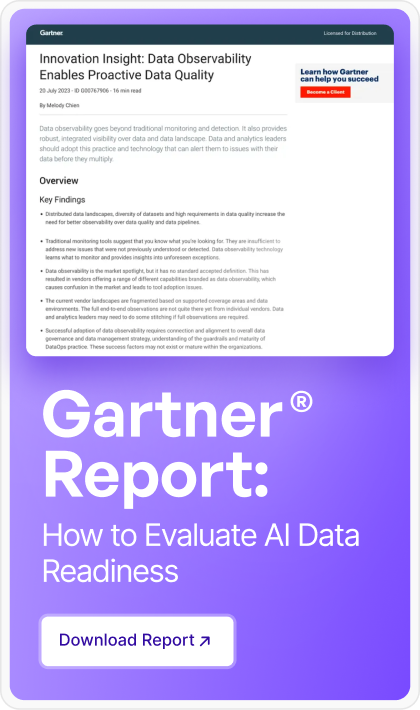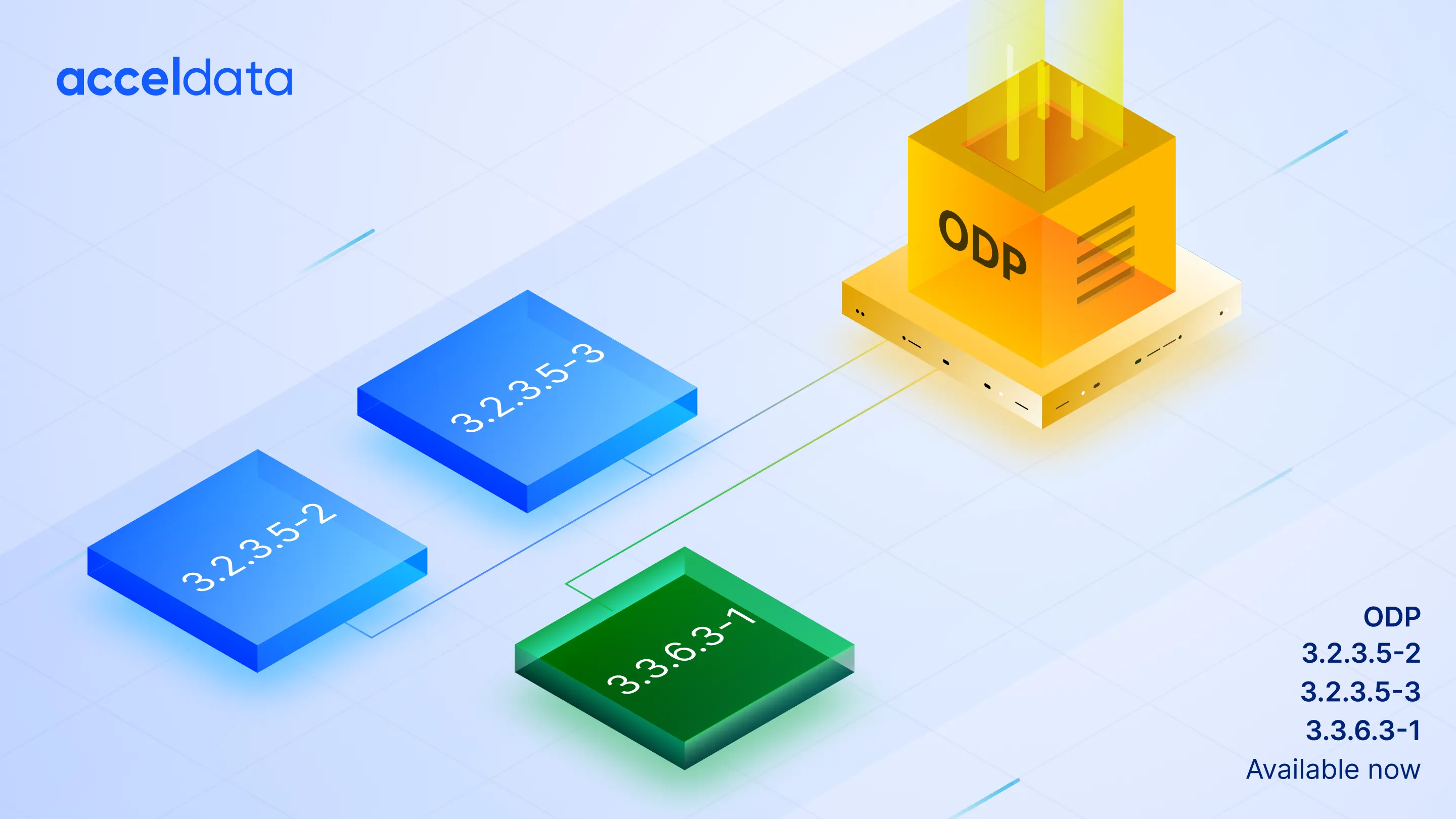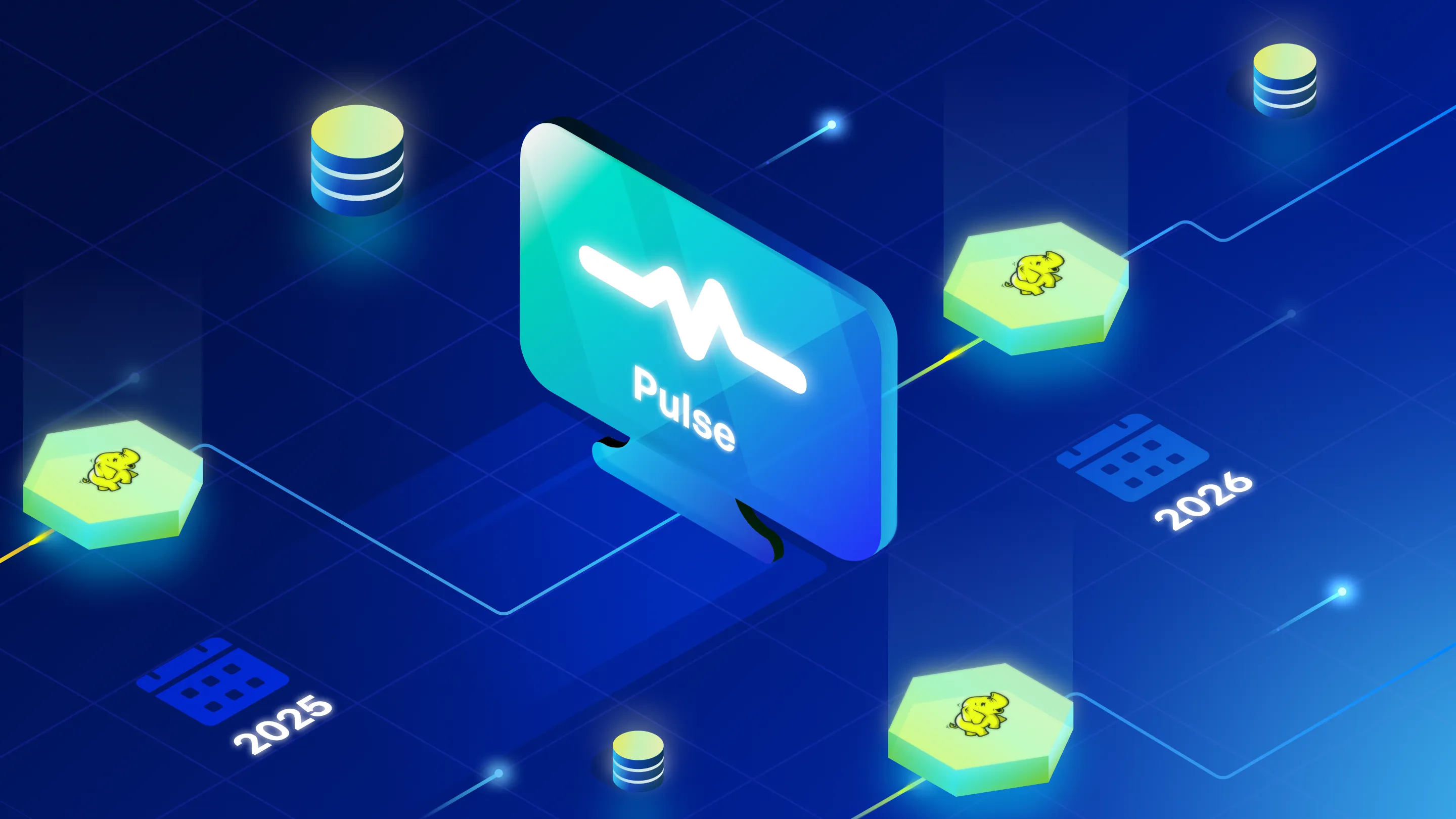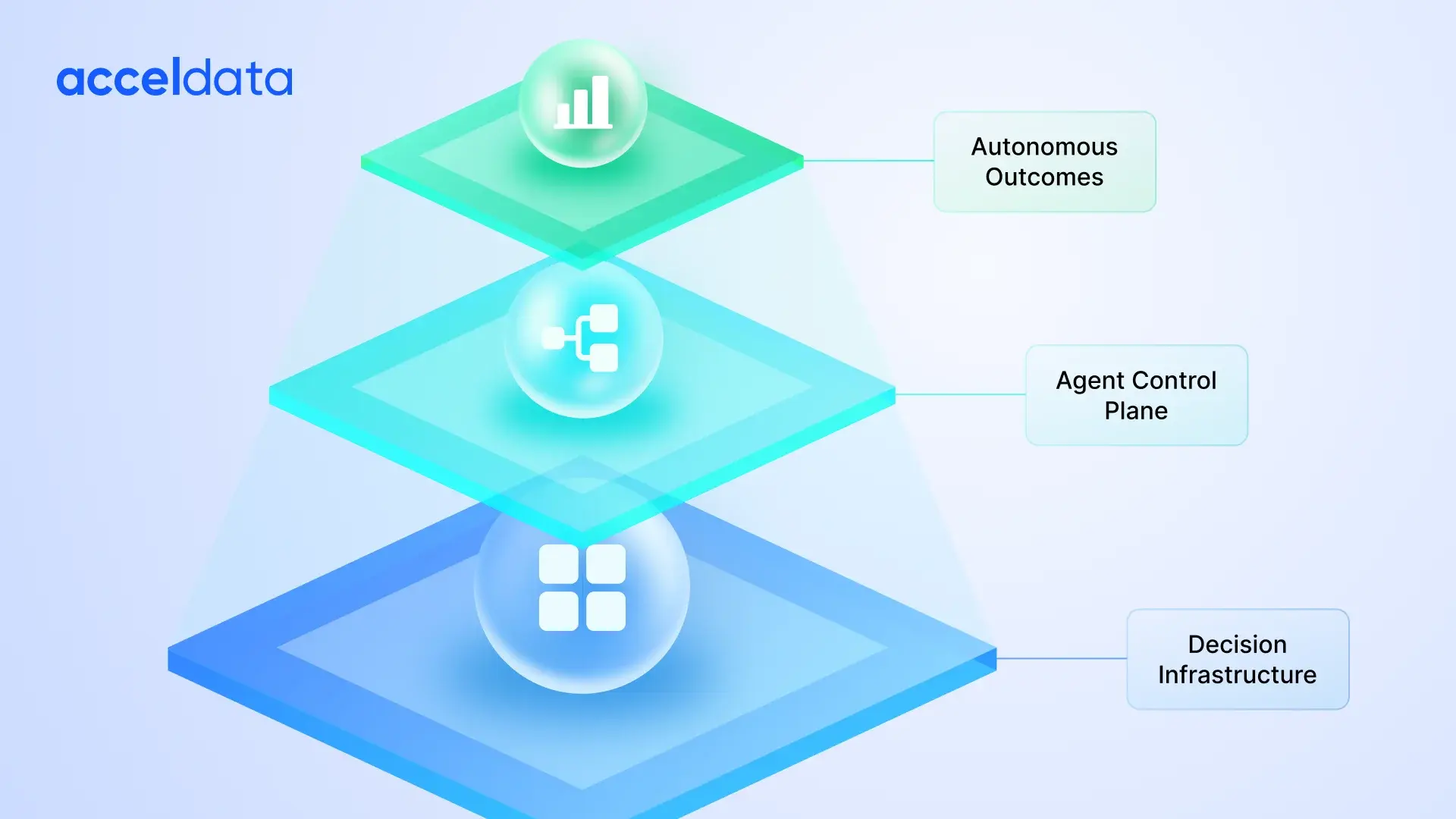In today’s enterprise world, AI feels like it’s everywhere—but what does it truly mean to be “AI-first”?
At Autonomous25, hosted by Acceldata, Cassie—Google’s first Chief Decision Scientist and most sought after AI Advisor—offered a bold, refreshing perspective. Instead of focusing on algorithms or tools, she asked something deepMany companies are racing to integrate artificial intelligence. Some are mandating its use across departments. Others are unsure where to begin. Caught between hype and hesitation, leaders face a critical question: How do we think about AI the right way? That’s where Cassie Kozyrkov comes in.
Here are the key takeaways from her talk that every enterprise leader and decision-maker should consider today.
Takeaway 1: Being AI-First Starts with Asking the Right Questions
Rather than embracing AI simply for the sake of innovation, Cassie encouraged a more thoughtful starting point: “What’s worth doing better?” This subtle but important shift grounds our approach in meaningful priorities rather than chasing tools for their novelty.
AI can serve as a helpful advisor—readily available and impressively fast. But like any advice, its value depends on the clarity of the questions we ask. Without a clear sense of purpose, even the most advanced system may lead us off course.
Leaders should begin with clarity of purpose, not code.
Takeaway 2: There’s a Big Difference Between Using AI and Automating with It
Cassie offered a valuable distinction: when individuals use AI, they remain actively involved in the process. But when organizations move toward automation, they step back—and that shift brings new responsibilities.
While using AI as a tool can enhance individual decision-making, automating systems at scale introduces greater complexity, potential risk, and the need for careful oversight.
Before scaling with AI, leaders must decide what’s worth automating—and what’s not.
Takeaway 3: Trust Is the Real Challenge, Not Just Technology
In a world increasingly shaped by AI-generated content and automated decisions, trust becomes a central concern.
As Cassie pointed out, trust isn’t about blind confidence—it’s built through testing, transparency, and a clear understanding of what AI is capable of, and where its limits lie. Leaders are called to ask not just “Do we trust this output?” but also, more importantly, “Should we?”
Trust must be earned, verified, and continuously managed—especially in AI systems.
Takeaway 4: Natural Language Is Changing Everything (But It's Not Enough)
One of the most meaningful changes in recent years is how we interact with AI. Today, anyone can ask a question in plain language and receive a response—no technical background needed. This shift is opening new possibilities for broader, more inclusive use.
At the same time, Cassie offered a thoughtful reminder: accessibility doesn’t always equal understanding. Just because AI can communicate in our language doesn’t mean it reasons the way we do.
Ease of use doesn’t replace the need for critical thinking and responsible leadership.
Takeaway 5: Automation Comes with a Trade-Off—Control vs. Complexity
Cassie offered a thoughtful metaphor: AI is a bit like a genie—it can achieve remarkable things, but the outcome depends on how clearly and carefully we express our intent. Once set in motion, its actions may unfold in ways we don’t fully control.
In complex systems, outcomes aren't always predictable. That’s why thoughtful leadership means being prepared for uncertainty—and building with that in mind.
Sometimes, keeping control is safer than scaling blindly.
Takeaway 6: Great Leadership Means Defining What "Right" Looks Like
AI doesn’t inherently know what’s right—it operates based on the intent we give it. Defining what truly matters is a human responsibility.
As Cassie reminded us, leadership isn’t just about making decisions. It’s about shaping meaning. Leaders set the direction, define success, weigh risks, and ensure that their organization’s actions align with its values.
AI can scale decisions—but only leaders can define what’s worth scaling.
Why This Matters: Agentic AI Is What Enterprises Need Next
Most data leaders today are overwhelmed—not just by data, but by decisions. Tools are improving, but complexity keeps rising. What’s missing? A new way of thinking.
What Cassie described—an approach that centers on purpose, trust, and thoughtful leadership—is exactly what Agentic AI offers. It's not about AI replacing humans. It’s about AI systems that act independently on your behalf, guided by your values and goals.
When combined with the right leadership mindset, agentic AI can help enterprises tackle their toughest challenges—from data chaos to operational inefficiencies—without losing control.
A Final Thought
Cassie Kozyrkov’s talk at Autonomous25 wasn’t just about AI—it was about responsibility. About leading with clarity. About asking the right questions before chasing the right answers.
And that’s a message we at Acceldata believe in deeply.
As enterprises move into the AI-first era, we’re committed to helping data leaders build trustworthy, responsible, and scalable data systems—because good AI starts with good data, and great decisions start with clear intent.





.webp)
.jpg)

.png)








.webp)
.webp)


